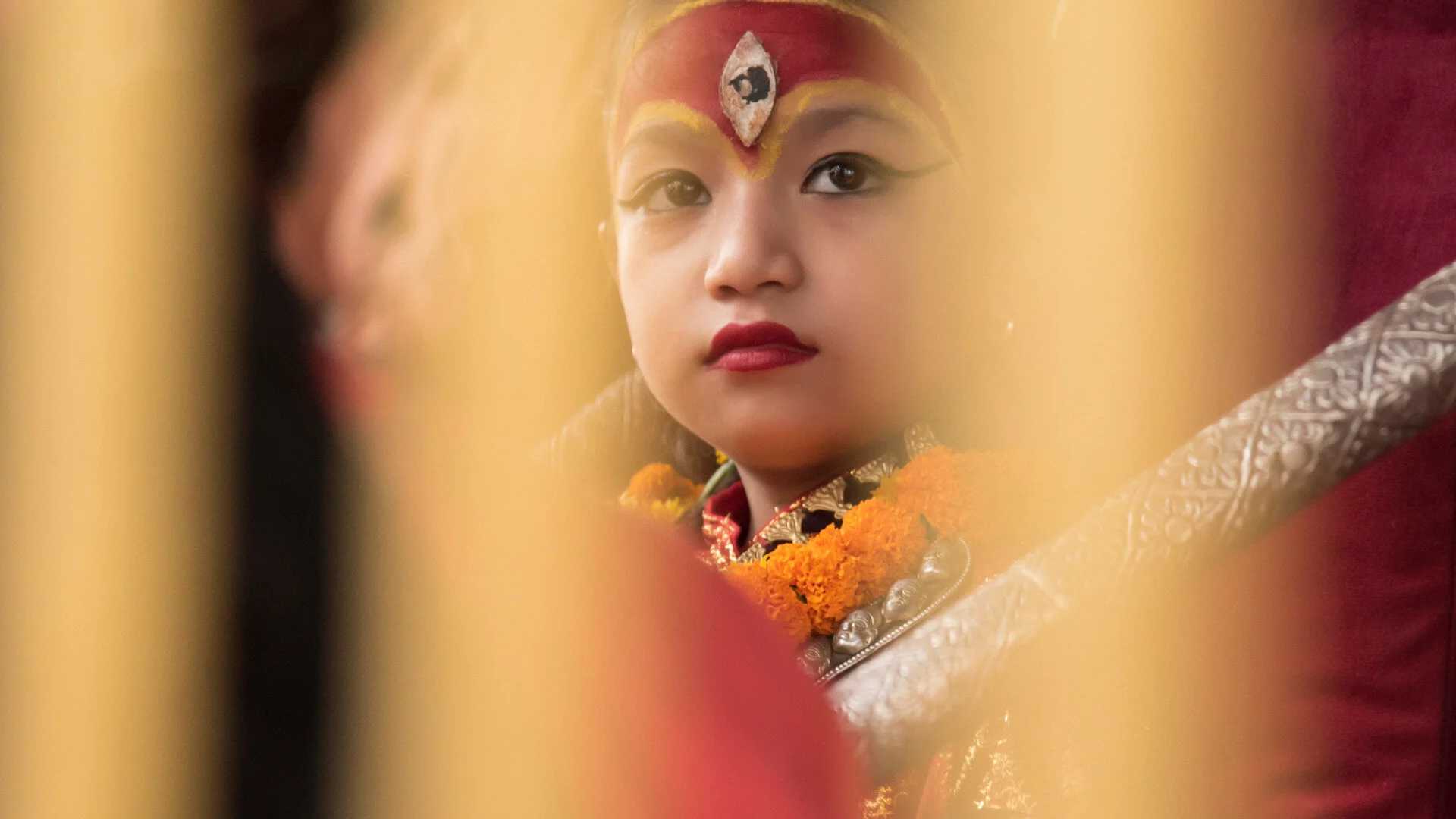The tale passed down from oral traditions goes as follows.
Continued…
He looked to her and asked, “Should I be worried about my neighboring kingdoms?”
She took the dice, and just as she was about to roll them, the door was bust open!
Armed guards surrounded the duo from every corner. The king felt confused, and just as he was about to speak, the queen entered the room.
“So, this is where you disappear to, MY KING!”
To which the king responded, “My beloved let me explain.” The king was interrupted by the queen, “DON’T! I find you in the late hours discussing state affairs with such a beautiful young woman!”
“But my love…” the king tried again.
“I can’t even leave you out of my sight for a moment!”
“Both of you… I had enough.” The attention of the room now shifted toward the beautiful young woman. Even the simplest of minds could have noticed that she is no ordinary mortal.
The room fell silent.
She gently placed the dice atop the board. She looked around the room: her sight reached the king’s eyes. She smiled.
She then looked to the queen, and that beautiful smile turned into a sharp look of authority.
In an instant, she threw herself up and spread her ten arms, eight of which held vessels of wielding power. An aura of flame emanated and surrounded her. Her gentle face turned frightening, and her third eye appeared.
Her nostrils flared, as she drew in deep breaths in anger.
She was no other than Taleju herself, revered as a wrathful aspect of Durga.
The soldiers dropped their weapons, and the queen drew back. The king was on his knees.
“HOW DARE YOU THINK OF ME IN SUCH A MANNER?”, she took in a breath and as she exhaled the aura of flame around her grew warmer. “Goddess, please forgive us! Please, I beg of you!” said the king.
“YOU HAVE SEEN THE LAST OF ME! I shall not stay in this kingdom any longer. You mortals and your jealousy, ENOUGH!”
“Goddess, please heed my cry! How would I reign without you?” appealed the king.
“You won’t! Your reign will soon come to an end, and your dynasty with it. For you and your brothers will unite for the last time. You shall fight alongside them, and it shall be your last.”
The flame grew larger and turned into a blinding streak of light. The Goddess had disappeared.
“I think your mission has now been accomplished?” said the king in a deep voice. “How should I have known, that it was goddess Taleju herself?” exclaimed the queen.
“You could have just minded your own business and leave me to mine.”
This night might have been the last but wasn’t the first time the king discussed state affairs with the Goddess. He had become so dependent on her advice, that after this incident: he lost all command to rule.
He kept his priests busy inside the Goddesses mammoth three-storied temple, making offering of all sorts; leaving no stone unturned. He prayed, heeded to her and waited anxiously.
Finally, the Goddess appeared but in a dream.
“Oh, my dear king, you’ve prayed more in these past few days, then many do in their entire lifetime. Your priests have been making offerings for days and nights. I will never forget the insult I suffered. But if you wish to see me again in mortal form, find a young virgin girl of the Bandya caste group. Choose the unblemished one, who exhibits thirty-two signs of perfection, for she will be my living manifestation, and your kingdoms living Goddess. Celebrate her, worship her as you worship me.”
The king awakened from his sleep. He joined his hands and thanked the Goddess. The morning that followed, he called in his ministry and his priests.
He instructed his priests to find the exact match and his ministers to put together the schematic to build her a beautiful home/palace. In the days that followed a young child from the Bhandya household who met all the criteria was found. She then was taken to the Taleju temple and in a special ceremony installed as the living embodiment of the Goddess.
To conclude this article, before king Jaya Prakash Malla, a living goddess sanctioned by the state was in the city of Lalitpur installed by Lichhavi king Laxmikamadeva. Over time, it is possible the tradition died out or took the form of a hidden cult. Many bahals and bahils of Nepal Mandala (Kathmandu Valley) have evidence of being the home of a living Goddess. The commonality among them is that embodiment of the Goddess has always been a girl from the Bhandya (Shakya and Bajracharya) caste group.
During the reign of Jaya Prakash Malla, he could have stumbled upon the hidden cult. Thus, he must have commissioned grotesquely introducing the tradition and have it sanctioned by the state in his kingdom of Kathmandu. We should keep in mind how, after king Yaksha Malla divided the kingdoms amongst his children: the Malla kings became rivals.
The merger of Goddess Taleju and the primordial Kumari of Nepal Mandala is an example of cultural assimilation. He took it further and build her a home/palace, and also introduced a chariot festival. It helped embolden the process and aided in creating the new identity of the primordial Goddess Kumari and her manifestation.
Today the three old Malla kingship states (Kathmandu, Lalitpur and Bhaktapur) have their customs and methods when it comes to caring for their living Goddess. They are one but different, but truly unique and primordial.
Correction:
In part I of this article, I mentioned she is called Dyah Meiju in Newari. Dyah means god and Meiju roughly translates to a noblewoman. It is also a word used to refer to a woman of the Bandya caste group.















